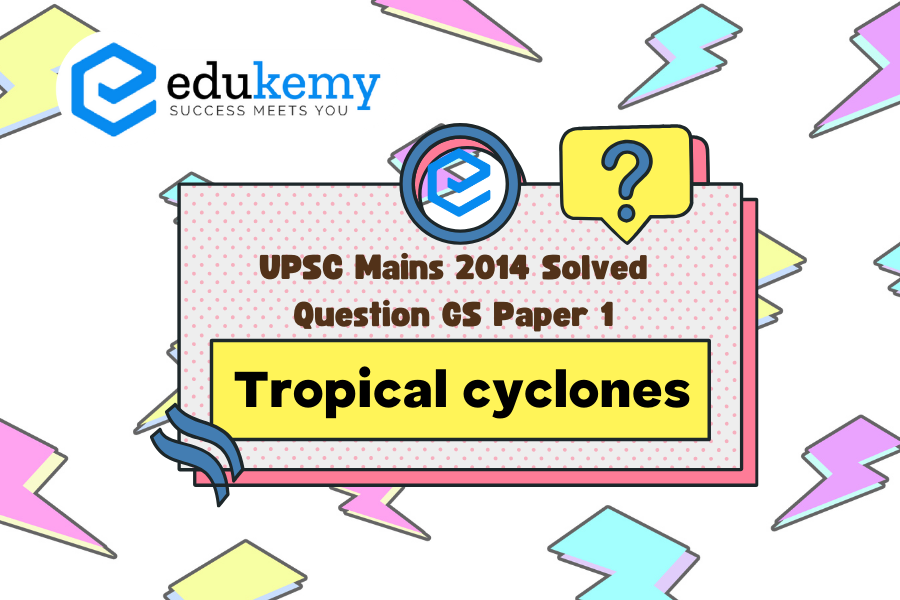Tropical cyclones, formidable natural phenomena characterized by intense winds and heavy rainfall, predominantly occur within specific regions, notably the South China Sea, Bay of Bengal, and Gulf of Mexico. Several geographical and meteorological factors contribute to this confinement. Firstly, these regions lie within the tropics, where warm ocean temperatures provide the necessary energy for cyclone formation and intensification. Secondly, the Coriolis effect, influenced by the Earth’s rotation, facilitates cyclone spin, a crucial element in their development. Additionally, the relatively calm atmospheric conditions and low wind shear in these areas foster the sustained growth of tropical cyclones. Moreover, the topographical features surrounding these bodies of water, such as coastal plains and warm ocean currents, further enhance cyclone formation and intensification. Consequently, the convergence of these conducive factors results in the concentration of tropical cyclones within the South China Sea, Bay of Bengal, and Gulf of Mexico.
Tags: Modern Indian History.
Contents
Decoding the Question:
- In the Introduction, try to define a tropical cyclone.
- In Body, discuss why tropical cyclones are largely confined to the South China Sea, Bay of Bengal, and Gulf of Mexico.
- Conclude the answer with some characteristics and different names of tropical cyclones.
Answer:
Tropical cyclones are violent storms that originate over oceans in tropical areas and move over to the coastal areas bringing about large-scale destruction that is caused by violent winds, heavy rainfall, and storm surges. Tropical cyclones are largely confined to the South China Sea, Bay of Bengal, and Gulf of Mexico.
Reasons for more tropical cyclones in the South China Sea, Bay of Bengal, and Gulf of Mexico:
- Shallow warm water in tropical areas around The Inter-Tropical Convergence Zone (ITCZ).
- All are shallow bays surrounded by land on three sides at least leading to more warming.
- Also, shallow waters have better penetration of sunlight and increased warming.
- These are areas affected by warm ocean currents coming from equatorial regions.
The conditions favorable for the formation and intensification of tropical storms here are:
- Tropical water- Large sea surface with temperature higher than 27° C intensifies the formation of tropical cyclones.
- Warm ocean currents- Warm ocean currents near the equator further supply energy to the cyclone system.
- Increase of Sea Surface Temperature in late summer- In late summer Sea Surface Temperature increases which intensifies the cyclone.
- Tropical cyclones move east to west- tropical cyclones originate only over the seas and on reaching the land they dissipate. As they move from East to West, they collect huge amounts of moisture for their sustenance.
- Landmass on the western coast- Landmass on the Western coast helps in cyclone formation.
- Coriolis force – The presence of strong Coriolis force near equator helps in creating strong whirling effect.
- Vertical wind speed– Small variations in the vertical wind speed creates a strong cyclone
- Low-pressure area- A pre-existing low-pressure area helps developing a strong cyclone
Cyclones are one of the most devastating natural calamities. They are known as Cyclones in the Indian Ocean, Hurricanes in the Atlantic, Typhoons in the Western Pacific and South China Sea, and Willy-willies in the Western Australia. Cyclones can have an economic and emotional effect on people and property directly affected. Thousands of people have died or been displaced by them. Hundreds of homes could be destroyed causing millions of dollars’ worth of damage. Having a better understanding of cyclones can help you better prepare and perhaps minimize or prevent cyclone damage.
In case you still have your doubts, contact us on 9811333901.
For UPSC Prelims Resources, Click here
For Daily Updates and Study Material:
Join our Telegram Channel – Edukemy for IAS
- 1. Learn through Videos – here
- 2. Be Exam Ready by Practicing Daily MCQs – here
- 3. Daily Newsletter – Get all your Current Affairs Covered – here
- 4. Mains Answer Writing Practice – here


